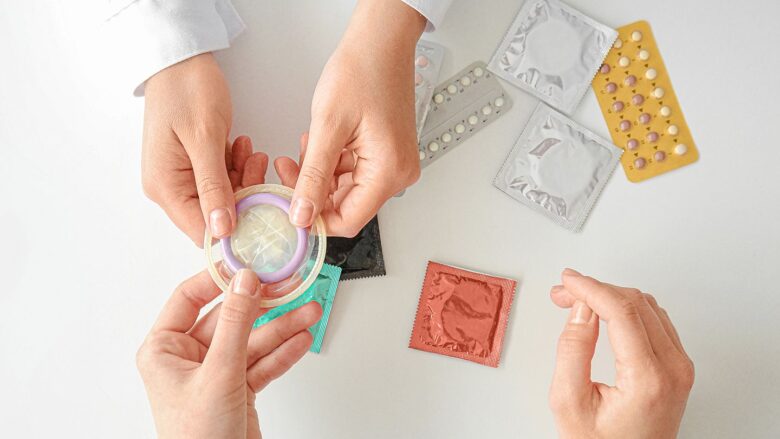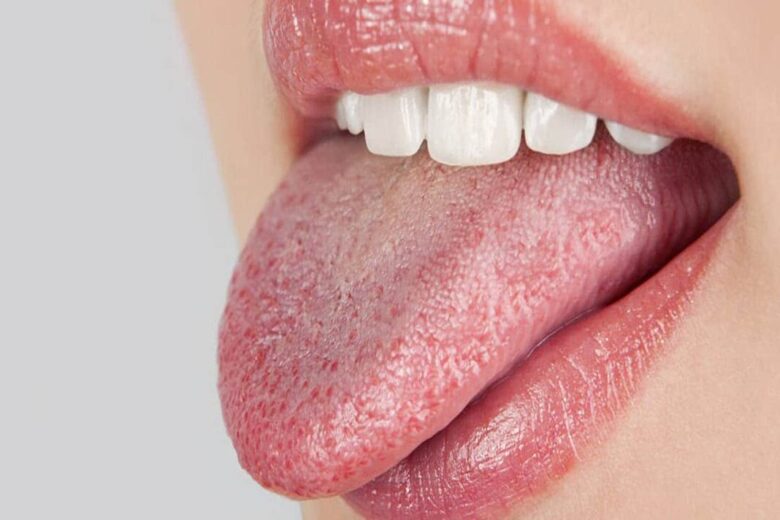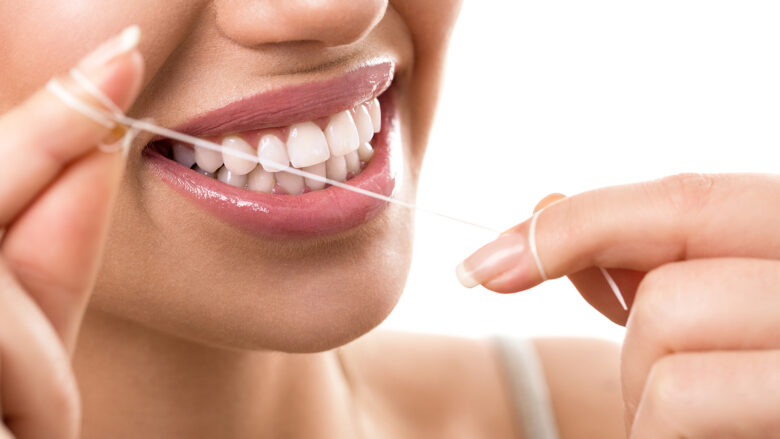When it comes to taking care of our bodies, oral health is often overlooked. In recent years, there has been growing awareness of the impact of hormonal birth control on various aspects of women’s health. While most discussions focus on the physical and emotional side effects, one area that often goes unnoticed is oral health. While it may seem like an unlikely pair, research suggests that the use of hormonal contraceptives can have implications for oral health. Understanding these connections is crucial for women to make informed decisions about their reproductive health and overall well-being.
Hormonal birth control methods, such as birth control pills, patches, and injections, work by altering the natural hormonal balance in a woman’s body. While these methods are highly effective in preventing pregnancy, they can also have an impact on oral health. It is important to be aware of these potential effects and take the necessary steps to maintain good hygiene.
It’s important for dentists and patients alike to understand the potential impact of hormonal birth control on oral health. One of the most common side effects of hormonal birth control is dry mouth. This occurs because the hormones in the birth control can reduce the production of saliva, leading to a dry and uncomfortable feeling in the mouth. Saliva plays a crucial role in maintaining oral health by neutralizing acids, washing away food particles, and preventing the growth of harmful bacteria. When there is a decrease in saliva production, it can increase the risk of tooth decay, gum disease, and bad breath.
Another potential impact of hormonal birth control on oral health is an increased risk of gum disease. Hormonal changes can affect the gums, making them more susceptible to inflammation and infection. This can lead to symptoms such as redness, swelling, bleeding, and tenderness of the gums. If left untreated, gum disease can progress and cause tooth loss.
Additionally, hormonal birth control can alter the body’s response to bacteria. Research has shown that women who use hormonal birth control may have a higher concentration of certain bacteria in their mouths, which can contribute to the development of cavities and gum disease.
Let’s shed light on the connection between oral health and hormonal birth control to provide you with the information you need to ensure a healthy and balanced lifestyle.

Source: everydayhealth.com
Contents
The Link Between Hormonal Birth Control and Oral Health
Research has shown that hormonal birth can have an impact on oral health. The hormones present in these contraceptives can affect the gums and teeth in several ways. One common issue is an increased risk of gum inflammation, known as gingivitis. Hormonal changes can make the gums more sensitive to plaque, leading to redness, swelling, and bleeding. Additionally, hormonal birth control can alter the composition of saliva, reducing its ability to fight off harmful bacteria in the mouth.
Other studies have shown that women using hormonal contraceptives are more likely to develop periodontal disease, a more severe form of gum disease. Periodontal disease can cause gum recession, tooth loss, and even bone damage in severe cases. Women on hormonal birth control must be vigilant about their oral hygiene practices and visit their dentist regularly for check-ups and cleanings.
Hormonal changes can lead to an overgrowth of bacteria in the mouth, which can cause inflammation and infection in the gums. This can result in symptoms such as redness, swelling, bleeding, and even tooth loss if left untreated. Women on hormonal birth control must pay extra attention to their oral hygiene routine.
Increased Risk of Dry Mouth
Another oral health issue associated with hormonal birth control is dry mouth, also known as xerostomia. Dry mouth occurs when there is a decrease in saliva production, leading to a dry and uncomfortable feeling in the mouth. Saliva plays a vital role in maintaining oral health by neutralizing acids, washing away food particles, and preventing tooth decay. Without enough saliva, bacteria can thrive, leading to an increased risk of tooth decay and gum disease. Women on hormonal birth control may experience a decrease in saliva production, putting them at a higher risk of developing cavities and other dental problems.

Source: drhamiltonle.com
Oral Contraceptives and Oral Lesions
While relatively rare, some studies have suggested a possible link between hormonal contraceptives and the development of oral lesions, such as canker sores or ulcers. More research is needed to fully understand this connection.
Preventive Measures
While hormonal birth control can have an impact on oral health, there are steps that women can take to minimize the risks and maintain a healthy smile. Here are some preventive measures to consider:
Practice Good Oral Hygiene
Brush your teeth at least twice a day and floss daily to remove plaque and prevent gum disease. Consider using an antibacterial mouthwash to further protect your oral health.

Source: dentistnorthraleigh.com
Visit the Dentist Regularly
Regular check-ups and cleanings are crucial for monitoring oral health and addressing any issues promptly. Dentists can also provide personalized recommendations based on individual needs.
Stay Hydrated
Drinking plenty of water can help combat dry mouth and promote saliva production. Avoiding sugary and acidic beverages is also beneficial for oral health.
Avoid Smoking
Smoking is harmful to your overall health, including your oral health. If you’re on hormonal birth control, smoking can further increase your risk of gum disease and other oral health issues.

Source: helpguide.org
Consider Non-Hormonal Birth Control Options
If oral health concerns persist or worsen, it may be worth discussing alternative birth control options with a healthcare provider. Non-hormonal methods, such as barrier methods or copper IUDs, may be suitable alternatives for some women.
Schedule an Appointment with Park Crossing Dentistry Today
While hormonal birth control is a widely used and effective method of contraception, it’s essential to be aware of its potential impact on oral health. By practicing good oral hygiene, visiting your dentist regularly, staying hydrated, and avoiding smoking, you can minimize the risks and maintain a healthy smile while using hormonal birth control. Remember, taking care of your oral health is an integral part of your overall well-being.
If you’re looking for a Pineville, NC dental clinic, contact Park Crossing Dentistry today.
